#NOAA sees new applications for commercial weather data , In addition to purchasing global datasets, the National Oceanic and Atmospheric Administration (NOAA) plans to pay a premium for observations of oil spills or other events.
For oil spills, the spot-market approach “is inevitable, but not yet practical,” Steve Volz, assistant administrator for NOAA’s Satellite and Information Service, told SpaceNews at the American Meteorological Society annual meeting here.
To date, NOAA has purchased radio occultation soundings primarily through contracts that give the government free and open access. As a result, NOAA can integrate the commercial observations with government data and share the results widely.
“Introducing restricted data into that trade space would complicate things immensely,” Volz said. “So we are sticking with our full, open approach.”
NOAA officials recognize, though, that the approach may limit the ability of commercial satellite operators to sell data and imagery to other customers.
“Observation satellites are expensive,” Volz said. “How do you monetize that information?”
Spot Market
Going forward, NOAA will continue to acquire global datasets and respond to events by purchasing data on the spot market.
“When we look at these niche market observations, whether it’s fire detection, greenhouse gas measuring or oil spill detection, I don’t need the global perspective,” Volz said. “I want observations over the oil spill.”
Additional datasets may be geographically focused.
“We may buy imagery or microwave data that is applicable for Florida,” Volz said. “I’ll pay premium dollars for it, and you can sell your other data to other people.”
Through its purchases, NOAA would validate and characterize commercial data, potentially enhancing their value for other customers and applications. Showing the commercial data works well in conjunction with government observations, provides additional value, Volz said.
NOAA’s Systems Architecture Engineering Group is working with the agency’s Commercial Data Program to determine how to purchase limited datasets.
Microwave Data
Congress appropriated $27.5 million in the 2024 budget for NOAA commercial weather data purchases. Through that program, NOAA has purchased radio occultation data for numerical weather prediction models and microwave soundings to assess their quality and utility.
Commercial observations also will be purchased in conjunction with Near Earth Orbit Network, or NEON, NOAA’s next generation of polar-orbiting weather satellites.
“We will be looking at buying hyperspectral microwave sounding capability because we see that as very complimentary to being able to meet our mission,” Irene Parker, NOAA National Environmental Satellite, Data and Information Service deputy assistant administrator for systems, said Jan. 13 at the weather conference.
Congress also appropriated about $5 million for NOAA’s purchase of commercial radio occultation data for space weather models.
“Even though we are working with industry to design instruments for Space weather Observations at L1, we are also going to be working with companies to procure radio occultation data to help us in space weather,” Parker said. “We see it as very much a complimentary relationship.”
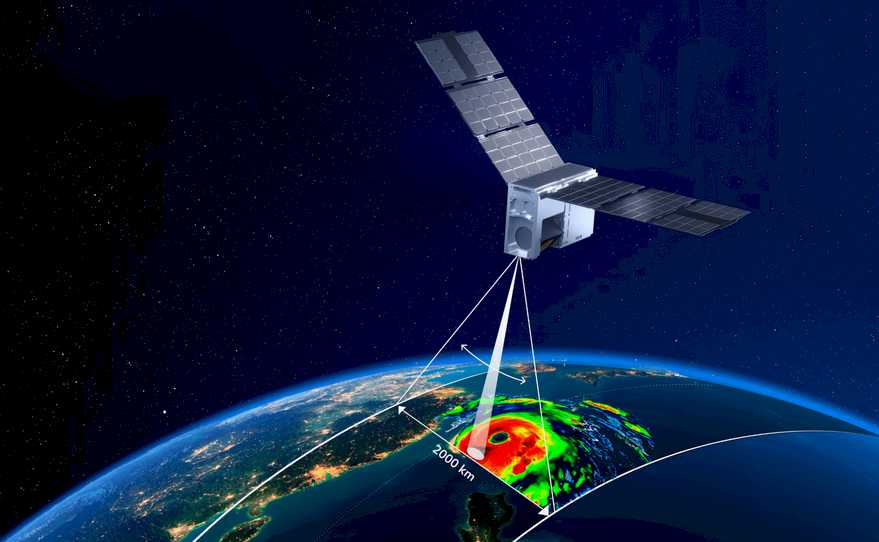

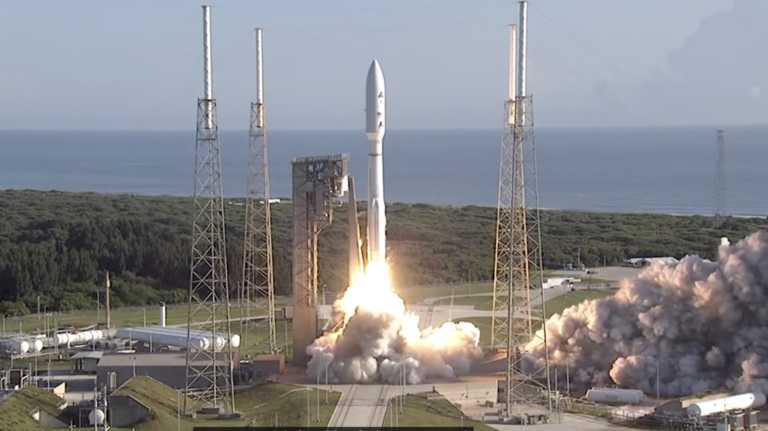


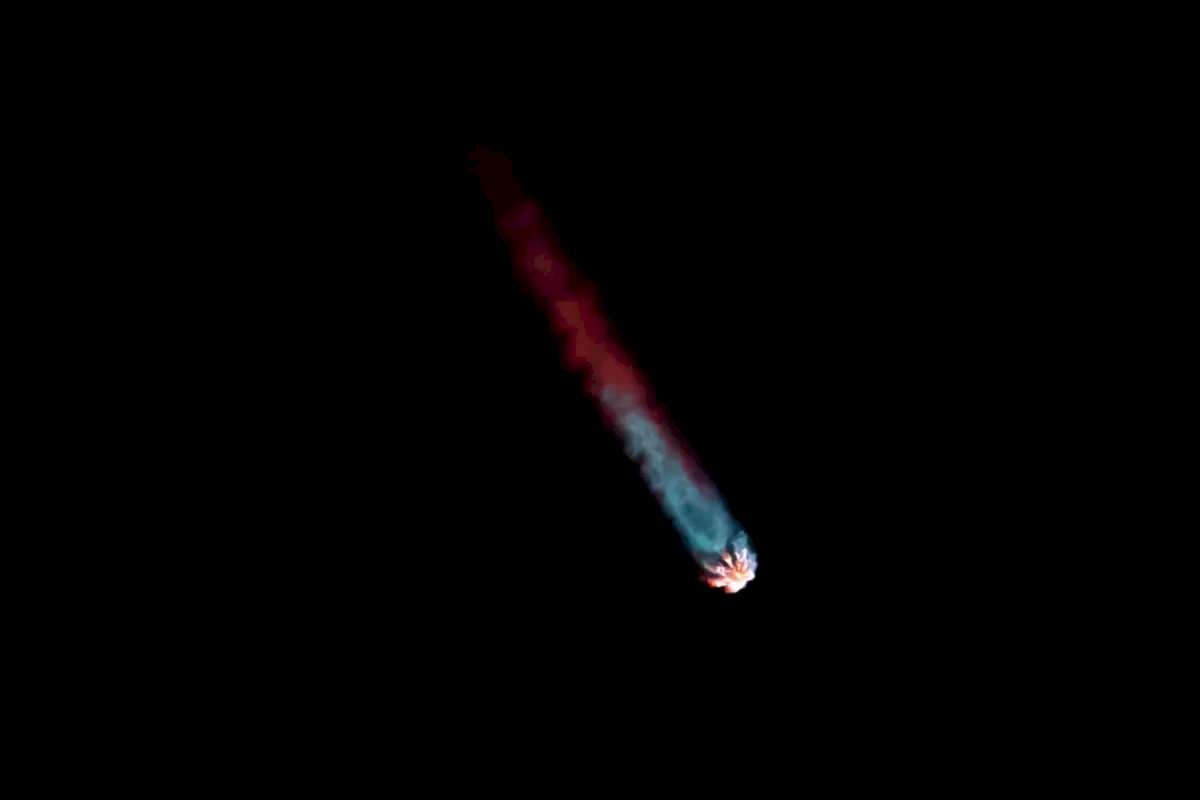
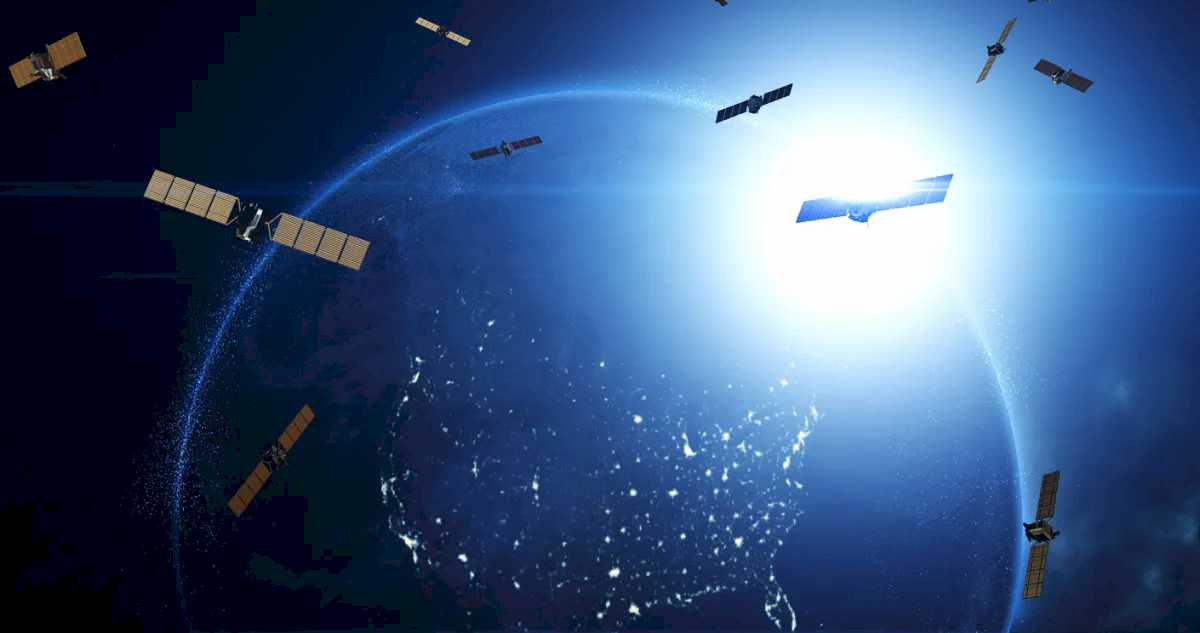

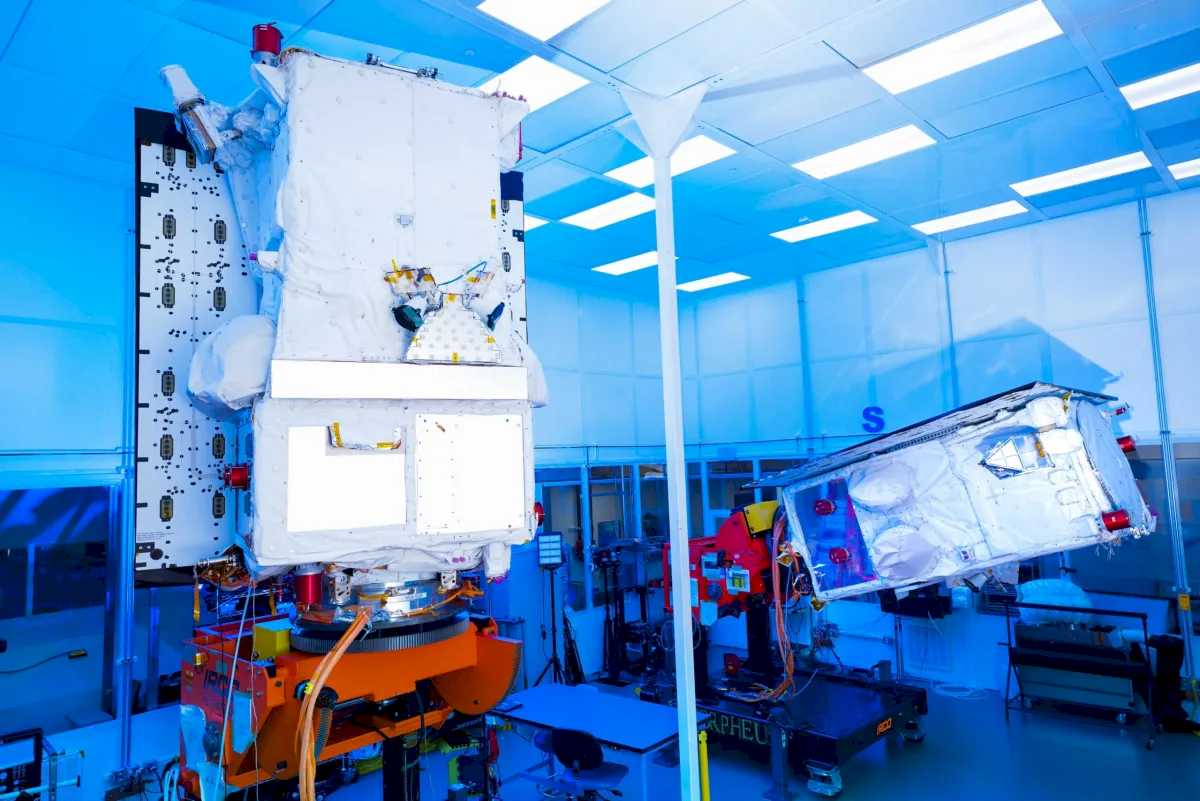
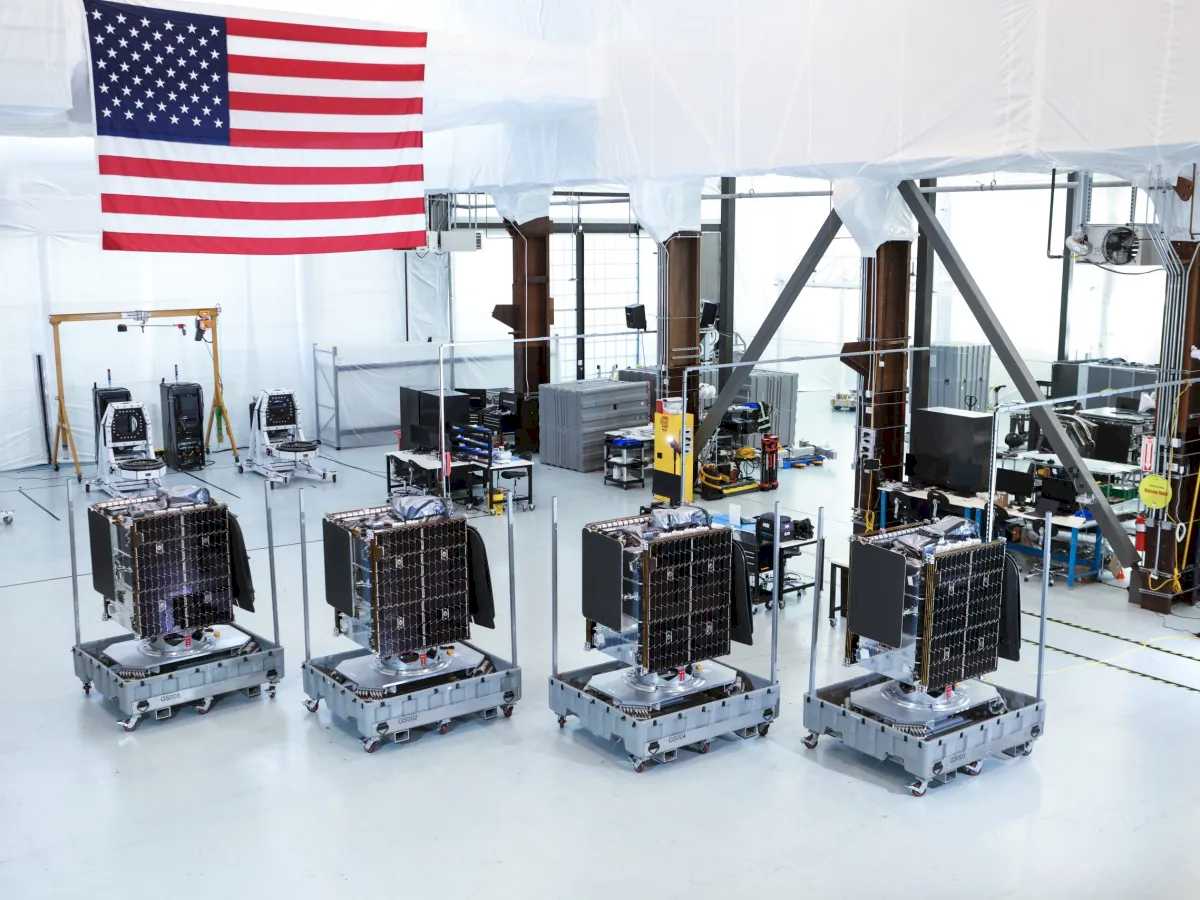
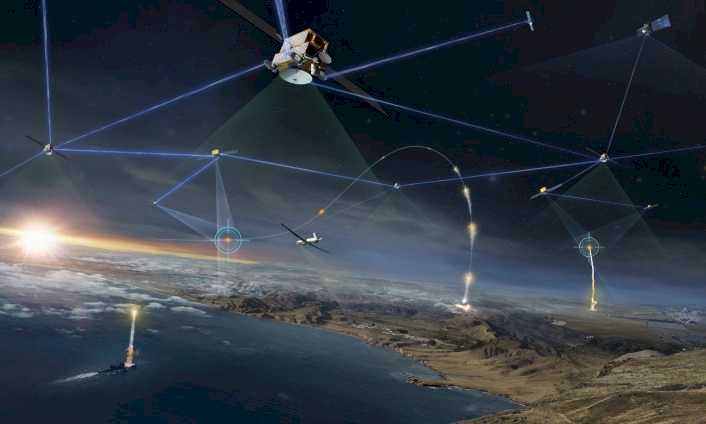
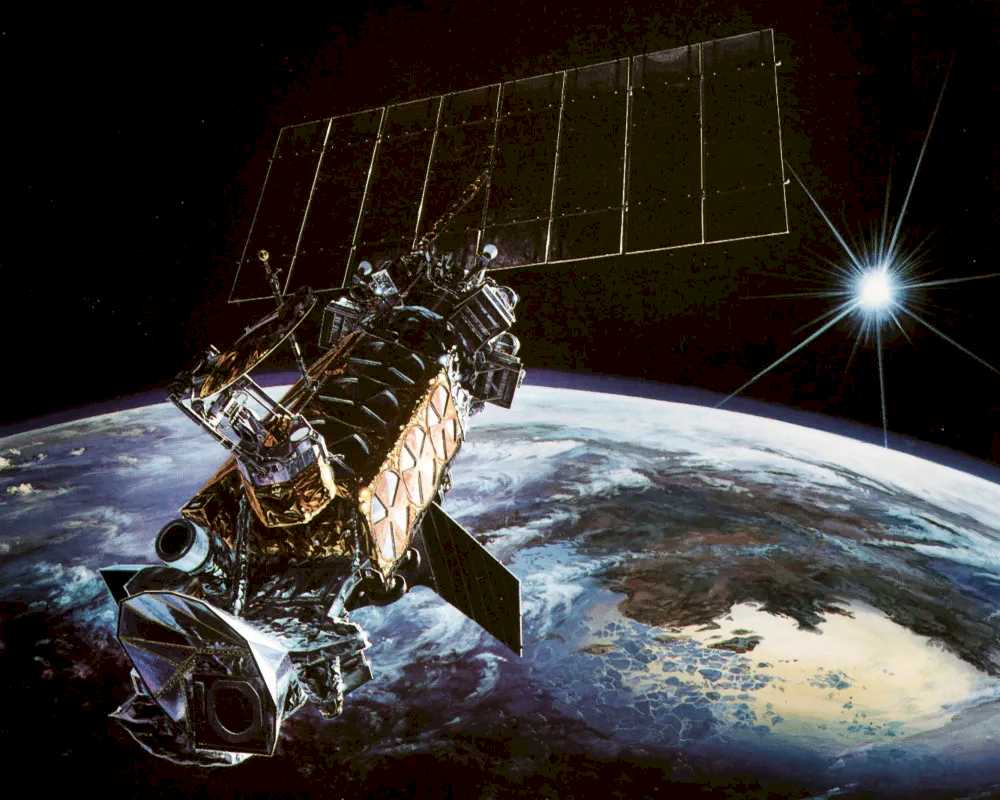
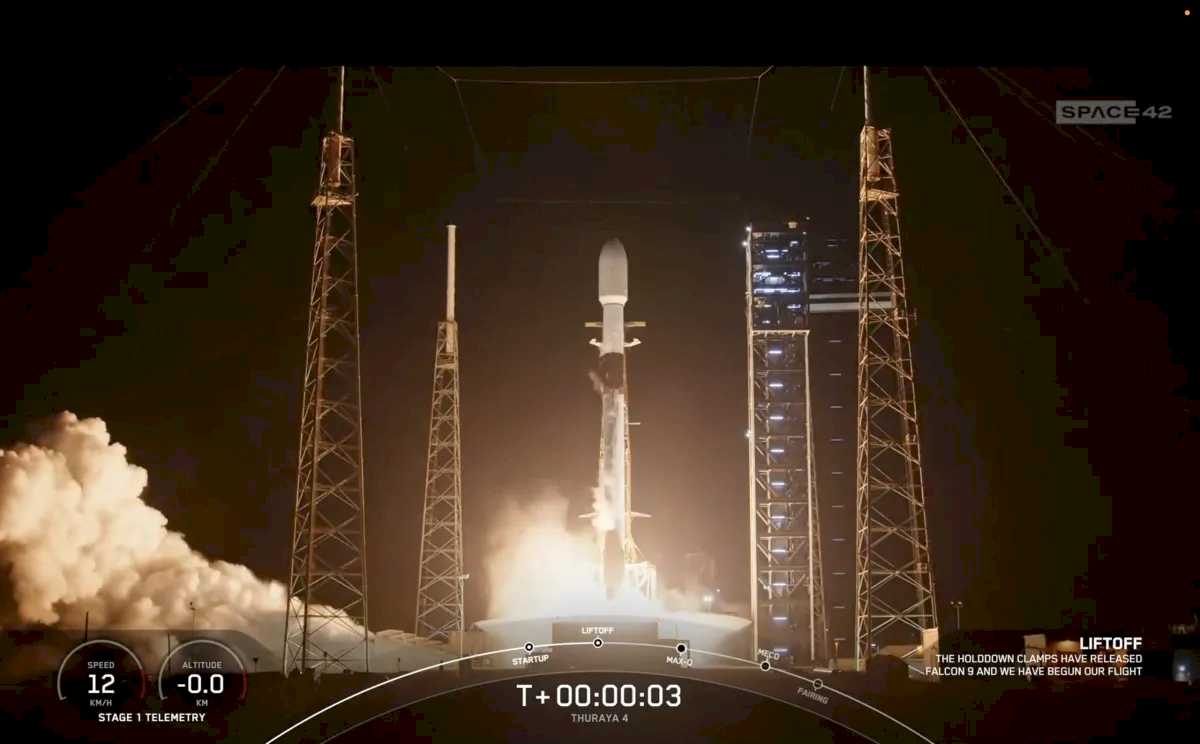



Space news on Umojja.com